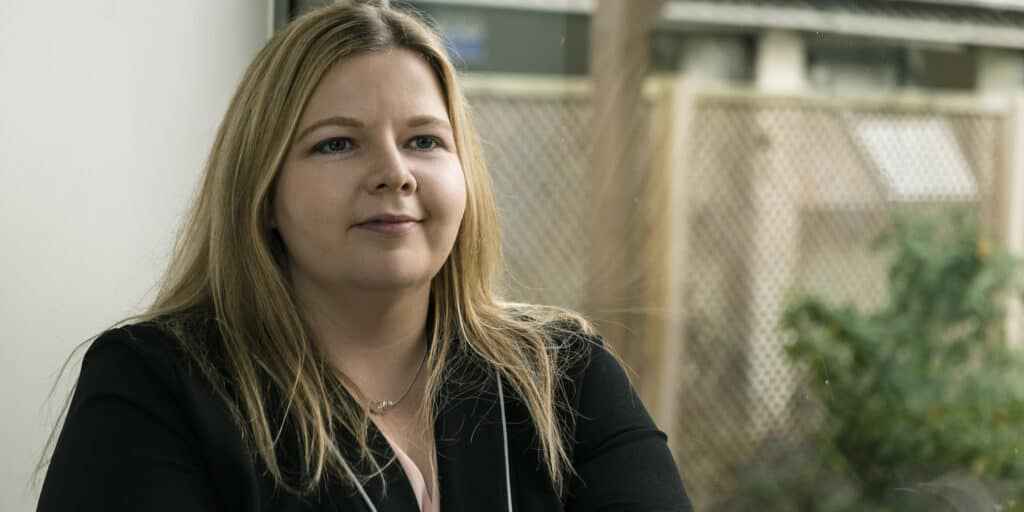Innovation
Independent Accountant’s Report
Supporting your Innovation journey all the way.

What is an independent accountant’s report (IAR)?
A grant funding body likes to have some comfort that the grant that it is providing is funding the right expenditure in accordance with the terms of the grant and often requires further review from an independent accountant. That’s where we can help.
Who arranges an IAR?
Generally, the grant funding body will leave it to the grant recipient to arrange for the appointment of an independent accountant to undertake the report, although it often stipulates that the accountant must be a registered auditor.
Who does the IAR go to?
As the independent accountant is selected and appointed by the grant recipient, the IAR is issued to the grant recipient, although it is usually recognised that the report will also be seen by the grant funding body.
When is an IAR due?
This largely depends on the grant funding body and the level of expenditure. However, as a general rule, reports are usually required for the first quarter period for which the grant is claimed, at the end of the grant period and at annual intervals in between if appropriate.
What do I need for the IAR?
Below is a breakdown of the items that may be requested for the audit testing to inform the accountant’s report:
-
Labour – payroll details, timesheet details if appropriate
- Overheads
- Travel and subsistence, materials and subcontractor expenditure
- Capital usage
Common errors
A number of common errors that we have encountered whilst preparing IARs, primarily in respect of Innovate UK grants, are listed below, identified under the relevant cost categories:
Labour
- Inadequate timesheet records to support the hours included in the claim.
- Inclusion of bonuses which are generally non-qualifying.
- Inclusion of costs of agency staff/consultants which are generally to be included under subcontractor costs as opposed to labour costs.
- Use of estimated hourly rates.
- Not including employer’s NIC and pensions.
General
- Insufficient evidence of how ‘cost’ is derived for internally developed parts.
- Invoices not received and paid before the end of the grant period.
The above errors and pitfalls could be avoided by:
- keeping paperwork up to date;
- internal auditing of the company’s systems;
- closely reviewing the grant terms; and
- ensuring that adequate controls are in place.
Please contact the Innovation team if you need advice about your IAR.
Meet the team
Hazlewoods has been a great support to Auger Torque. They have taken the time to understand our business and the products that we sell and used this knowledge to submit successful R&D and Patent Box tax relief claims to HMRC”
Mike Cartwright, Chief Financial Officer at Auger Torque Europe




